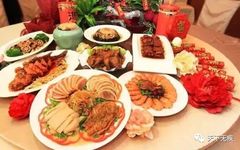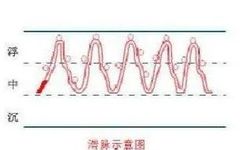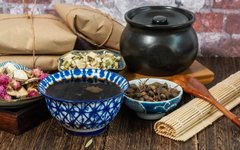Interpretation of Slippery Pulse in ‘Binhuh Pulse Studies’
Interpretation of Slippery Pulse in ‘Binhuh Pulse Studies’ Introduction: The slippery pulse (hua mai) is one of the most common pulse types associated with liver, gallbladder, spleen, and stomach diseases. The string-like pulse (xian mai) primarily indicates spleen disorders and is often seen in conditions such as phlegm-dampness, food accumulation, and excess heat. The characteristic … Read more





